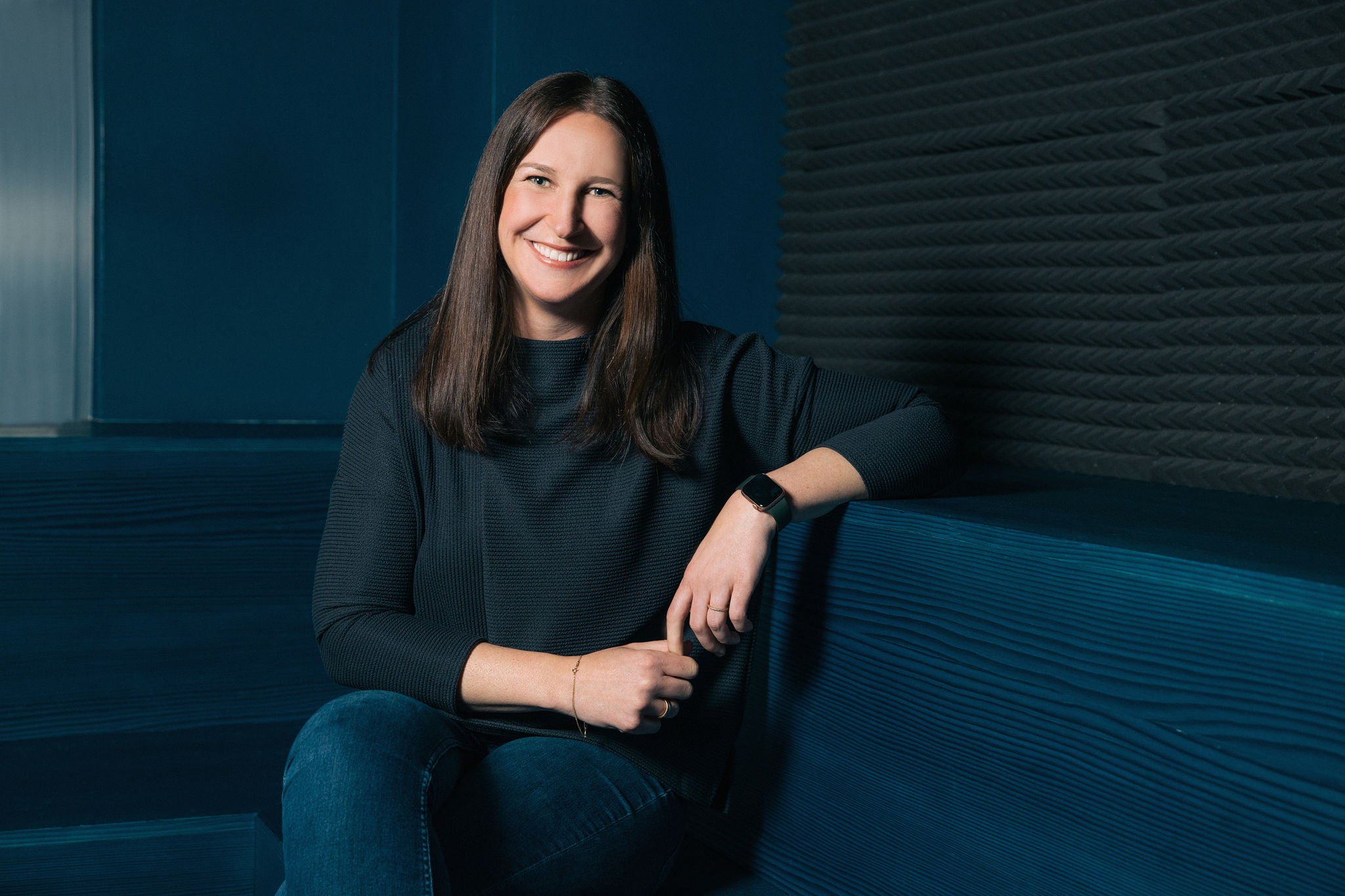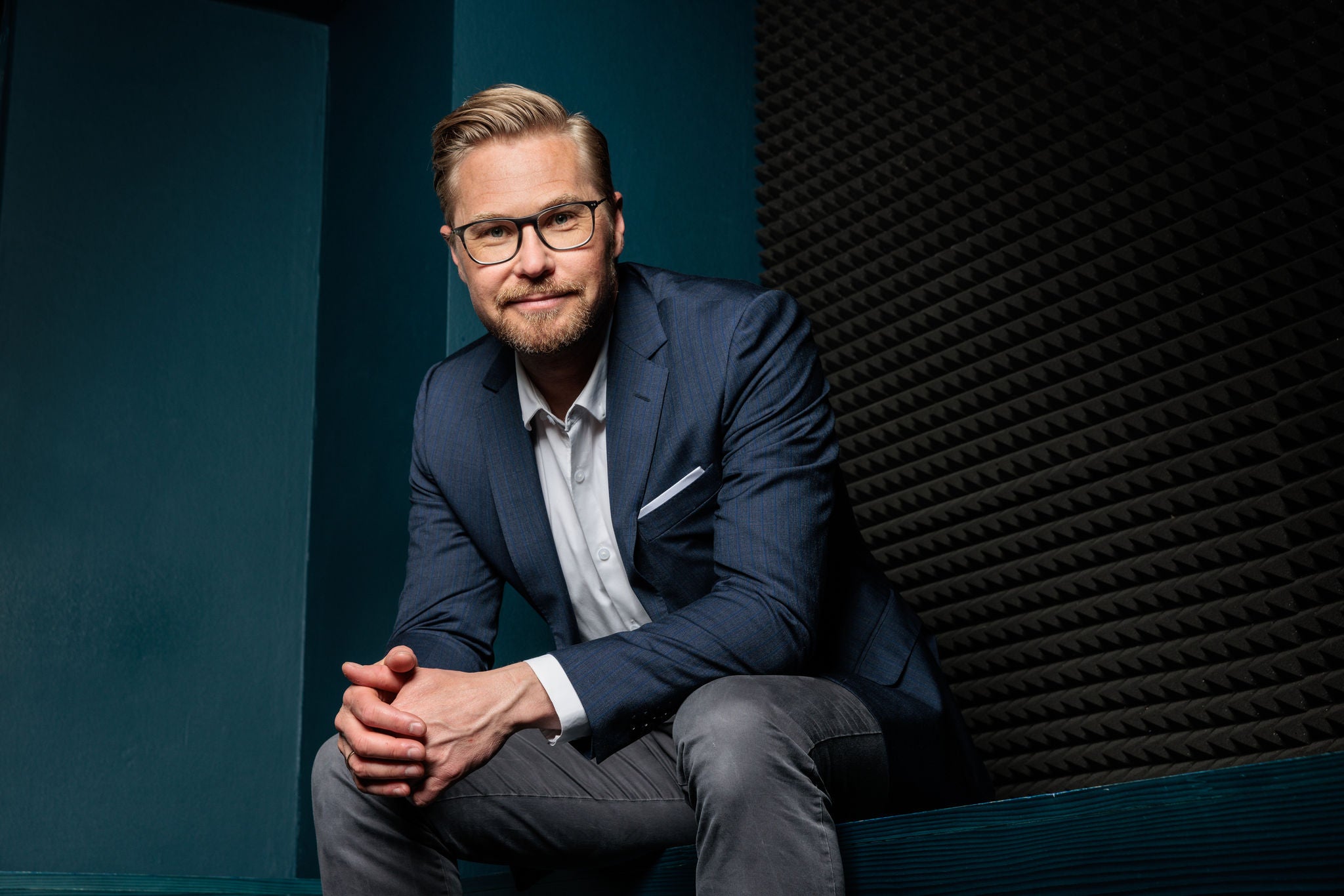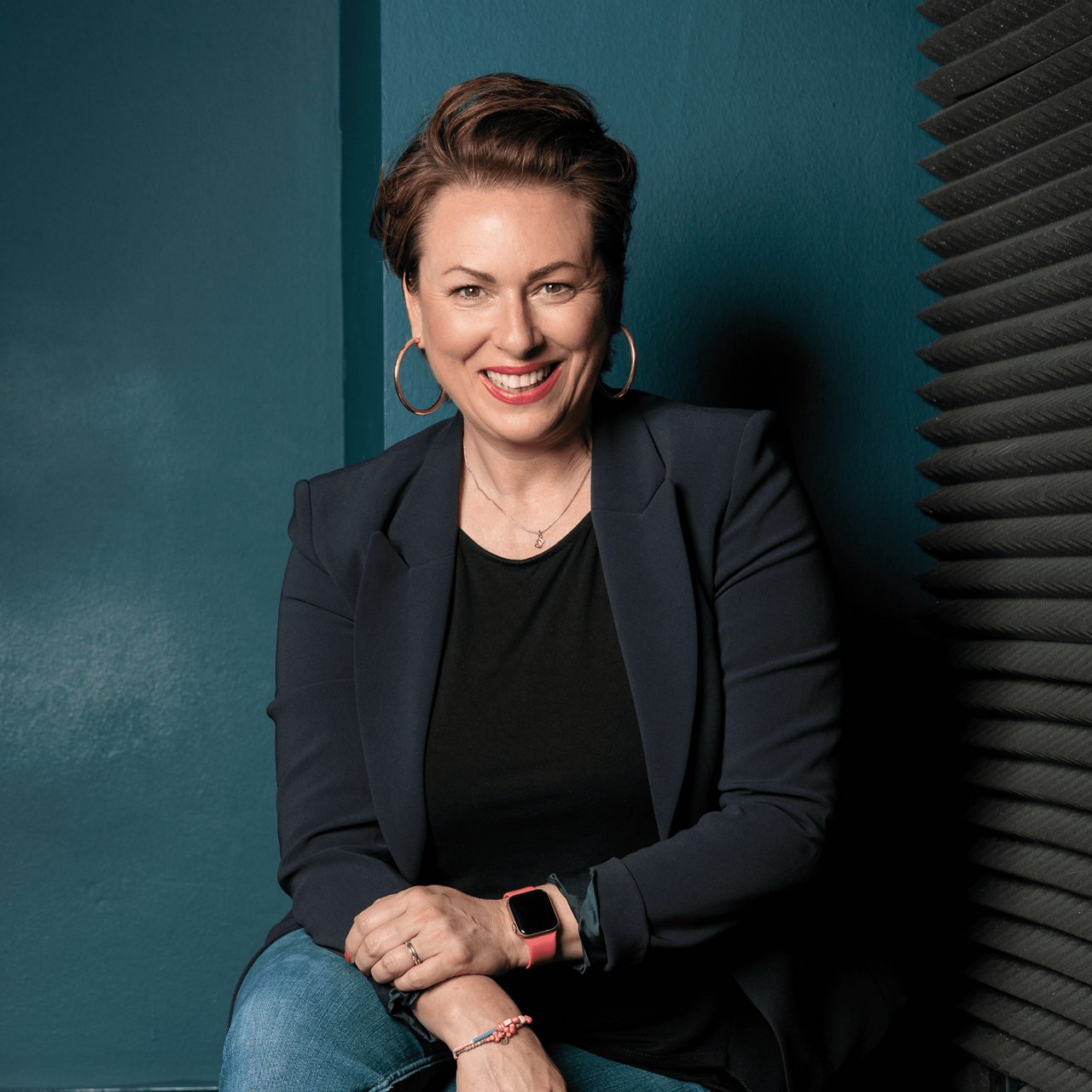The year 2025 began as challenging as 2024 had ended. The pressure on businesses and marketing to be as efficient as possible is increasing. Expectations of agencies are also rising. But how well prepared are we for the future? Where are we still too reliant on manual processes? Are our teams and organisations resilient enough? And how can we reduce complexity for our clients while improving the quality of our advice? Time for a review, time for transformation!
It's going to be challenging! The forecast for 2025 is guaranteed to be correct. Increasing extremism and nationalism (not only in Europe), a new president in the USA, ongoing wars and growing pressure on democracy and the economy in many Western countries. No wonder that the pressure on marketers is also increasing. Half of the 835 global marketing decision-makers we recently surveyed for the Serviceplan Group CMO Barometer do not currently expect any significant improvement in the economic situation.
CMOs are expected to do more with less. This can only be achieved through streamlined and more automated processes that harness the potential of machine learning and artificial intelligence. Of course, marketing must remain creative, but it must also be as efficient as possible. It does not take a prophet to see that the pressure on agencies to be efficient and innovative will continue to increase. Agencies need to ask themselves where there are still weaknesses in their processes. How well are we prepared for the future? Where are we still relying too heavily on manual processes? Are our teams and organisation resilient enough? And how can we reduce complexity for our clients while improving the quality of our advice?
To answer these questions with confidence, we are working intensively on what is probably the biggest change and challenge facing the media business in 2025: I am talking about transforming the engine room of media agencies – and all this without interrupting operations! This applies both to the machines and their raw materials (data) and to the way in which media planners and strategists operate their machines. The aim of the transformation is to work more efficiently while maintaining at least the same level of effectiveness, and to achieve a higher level of quality by removing the burden of routine tasks.
Key effects of the transformation: Greater efficiency and quality
Even today, the engine room of a media agency is a complex construct of different tools, technologies, intelligences and databases that need to be integrated. However, the real transformation we are working on is not the construction of a huge central unit. The data hub we are talking about when we talk about transformation is the best way to connect a relatively lean central unit with decentralised and external data platforms. Connectivity and interoperability are key.
This is because the data platforms in the machine room are not only the basis for the agency's data-based products (such as programmatic booking systems), but also for the tools that provide the corresponding insights, for example for strategy, media mix and modelling. They are also a response to the increasing fragmentation of the media market, which now requires automation and AI to optimise campaigns in real time. Instead of the 15 or so variables we used to use for optimisation, the amount of data available to us today gives us millions of possible optimisation paths. This is no longer manageable for media planners to do manually.
There are four things we need to keep in mind if we are to successfully transform the engine room:
1. Robust and scalable processes
We need an operational setup of technology and people that is stable enough to handle the ongoing processes and fully guarantee our services. At the same time, it must be adaptable enough to respond to market changes or new customer needs. And it must be international and scalable: It must be able to grow without increasing costs or complexity. This means being able to handle more projects and clients without compromising the quality of work or overburdening the team.
2. Quality of data and technology
The Data Hub is fed from a variety of different data sources, providing a solid foundation for data-driven decisions. At its core are first-party data, derived directly from customer interactions and proprietary sources, and third-party data, derived from external, validated market sources. This is complemented by extensive data from advertising impact research, exclusive internal media interaction studies and the latest results from key market media studies. This combination provides a holistic and accurate view of media effectiveness and audience behaviour. However, we are using AI not only for data analysis and modelling, but also to support the creation of intuitive and easy-to-use user interfaces and to reduce complexity.
3. Team development and training: Transformation as an opportunity
For our profession, transformation is a great opportunity because it redefines the division of labour and collaboration between humans and machines. But it is also a necessary condition for the engine room of the future.
Media planners are still too busy with routine tasks, especially campaign management and reporting. The media planner of the future will be less a campaign manager and more a strategic advisor. They will be both technology and marketing experts. They will need platform expertise AND strategic consulting expertise. Augmented intelligence that combines human knowledge with the power of artificial intelligence.
What this means for our people and for us: We need to continuously develop and expand our tool and technology expertise. We expect our people to be proficient in all market research and targeting tools, buying and planning tools, ad server systems, self-booking tools for social media platforms, dashboards and ticketing systems. At the same time, they should always be up to date with the latest developments in AI. On the other hand, communication and consulting skills are very important. This means being able to explain increasingly complex issues and technologies to advertisers, our clients, in a way that is understandable and comprehensible, while at the same time understanding their needs.
This is a challenging task and means that as a group we need to significantly expand our training opportunities for employees and give them the time and opportunity to continually develop and strengthen existing skills.
4. Leveraging international resources and scalability
Transformation is not a task for national markets alone. We need to think internationally in everything we do. This applies to the development of technology as well as the development and deployment of our people. As an international agency, we have the opportunity to share and bundle tasks around the world and learn from each other. This is the only way we can achieve economies of scale that have a positive impact on national markets.
My personal outlook for the year: We need a challenger mindset as agencies, proactively responding to our clients' challenges with more efficient processes, more innovative products and a high-performance organisation. We are working hard on this. The big challenge for us: Ensuring operational continuity during the transformation of the engine room. That's why I suspect that the same will apply to the year 2026: it will remain challenging.
This article first appeared in Media Leader.
More information about Mediaplus Group and our AI solutions.



